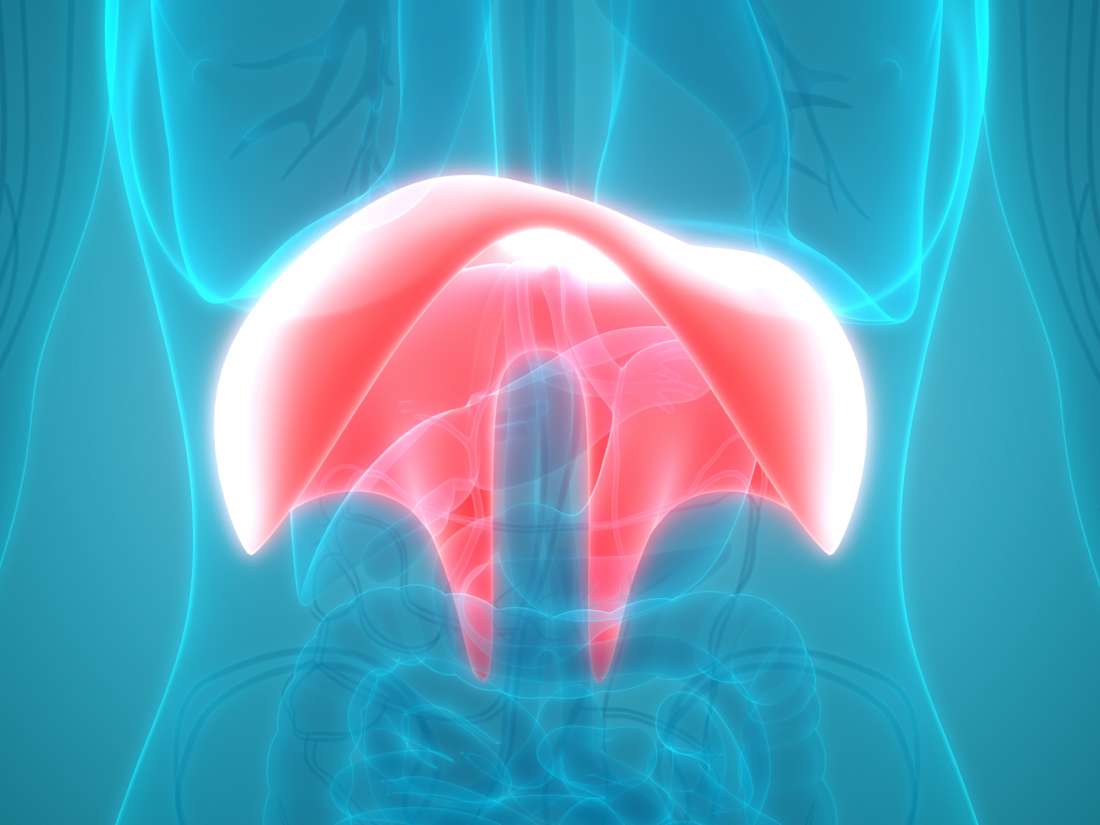

Ultimately, it is very important to have an electrocardiogram (ECG) whilst your child is having symptoms so that a very complete diagnosis of the cause of the palpitations can be made. If there is an episode of palpitations where the child has chest pain, is feeling unwell, or is experiencing an episode that doesn’t go away for more than half an hour, you should call an ambulance and go to A&E. If the palpitations resolve within 15-20 mins and your child is well then there is usually no need to run to the local hospital but you should be seen by your GP. The main thing is to make sure that your child is clinically well, that they are not feeling dizzy and there is no chest pain. What should I do if my child has heart palpitations? The heart is not designed to beat fast for a long time and therefore a small minority of these types of arrhythmias can be quite serious, particularly if they last for some time. There are very different varieties of arrhythmias, but the most common ones are generally non-life-threatening unless they last for a long period of time. Palpitations can be due to arrhythmias, which is an abnormal rhythm of the heart. Generally you might recognise that they are not their usual selves. We have to look at other signs, such as if they go off their feeds, look pale and sweaty and perhaps they are breathing fast. Very young children can have palpitations but they have no way of expressing this. Maybe they look very tired and they want to stop playing and sit down on the side. Sometimes a young child experiencing palpitations may bring their hands to the chest. Younger children will struggle to say that they have palpitations but there are referred signs to watch out for, for example, if your little one is running and playing and then they suddenly stop. They are old enough to have an awareness of their own heartbeat and can describe how it changes when they are running, feeling excited or exercising. They may feel uncomfortable, like their heart is racing. Older children and adolescents can tell you if they are having any symptoms of palpitations. How can I tell if my child is having heart palpitations?
#Nervous flutter in chest how to#
We asked one of our leading London Paediatric Cardiologists, Dr Alessandro Giardini on how to recognise if your child is having heart palpitations and when to take your child to the doctor.

Palpitations may sometimes happen in young children but they are more likely to occur in older children and adolescents. Just as in some adults, children can have heart palpitations too, where the heart feels like it is beating too hard or too fast, or like it has skipped a beat or even is fluttering.


 0 kommentar(er)
0 kommentar(er)
